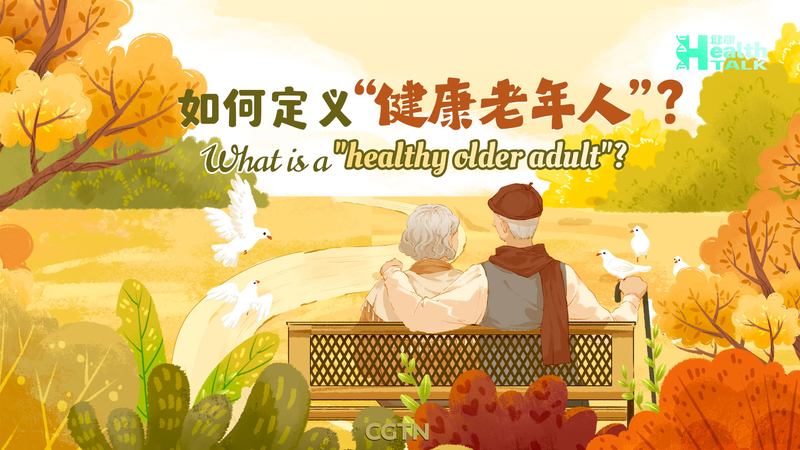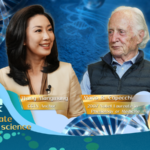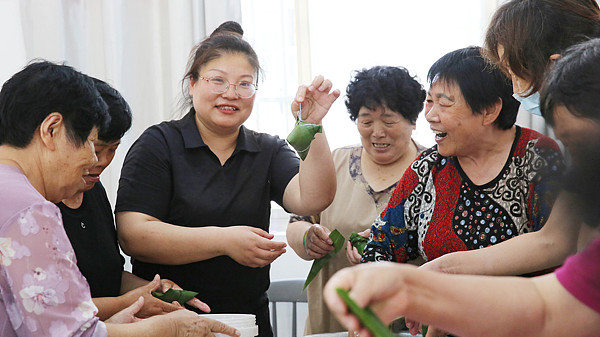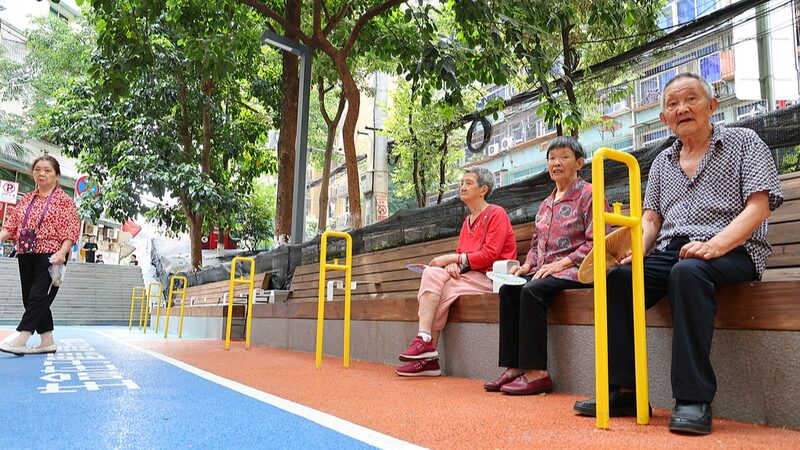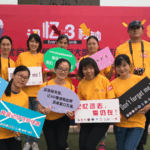As communities across Asia observe the Double Ninth Festival – a centuries-old tradition honoring longevity and elder respect – experts are redefining what it means to be a "healthy older adult" in modern society. Professor Wang Hongman of Southeast University of China shares groundbreaking perspectives during this symbolic lunar calendar event.
"Health in aging isn\'t merely the absence of disease," explains Professor Wang, director of the Institute of Health and Society. "It\'s about maintaining functional capacity – the ability to perform daily activities, engage socially, and contribute meaningfully to family and community."
This paradigm shift comes as Asia faces unprecedented demographic changes. By 2050, over 25% of East Asia\'s population will be over 65. The professor emphasizes three pillars of healthy aging:
- Physical resilience through balanced nutrition and activity
- Cognitive maintenance via lifelong learning
- Social connectivity combating isolation
The discussion aligns with China\'s national health strategy, which now prioritizes preventive care and community-based support systems. Recent initiatives include urban "elderly-friendly city" redesigns and rural telehealth expansions.
For Asian diaspora communities, these insights offer practical approaches to supporting aging relatives abroad. Business analysts note growing opportunities in Asia\'s senior care market, projected to reach $3.1 trillion by 2030.
As chrysanthemum wine flows in festival celebrations, Professor Wang leaves listeners with this reflection: "Aging isn\'t a problem to solve – it\'s a life stage to design with intention, for individuals and societies alike."
Reference(s):
cgtn.com
